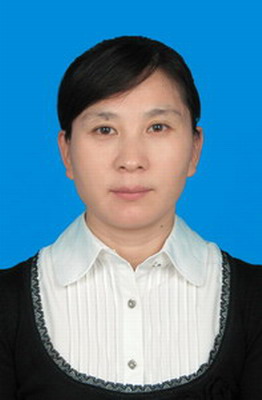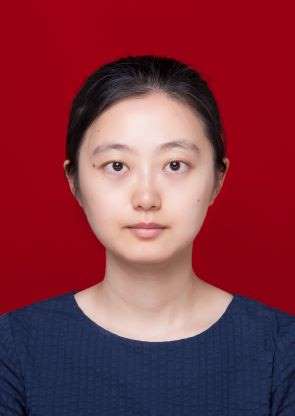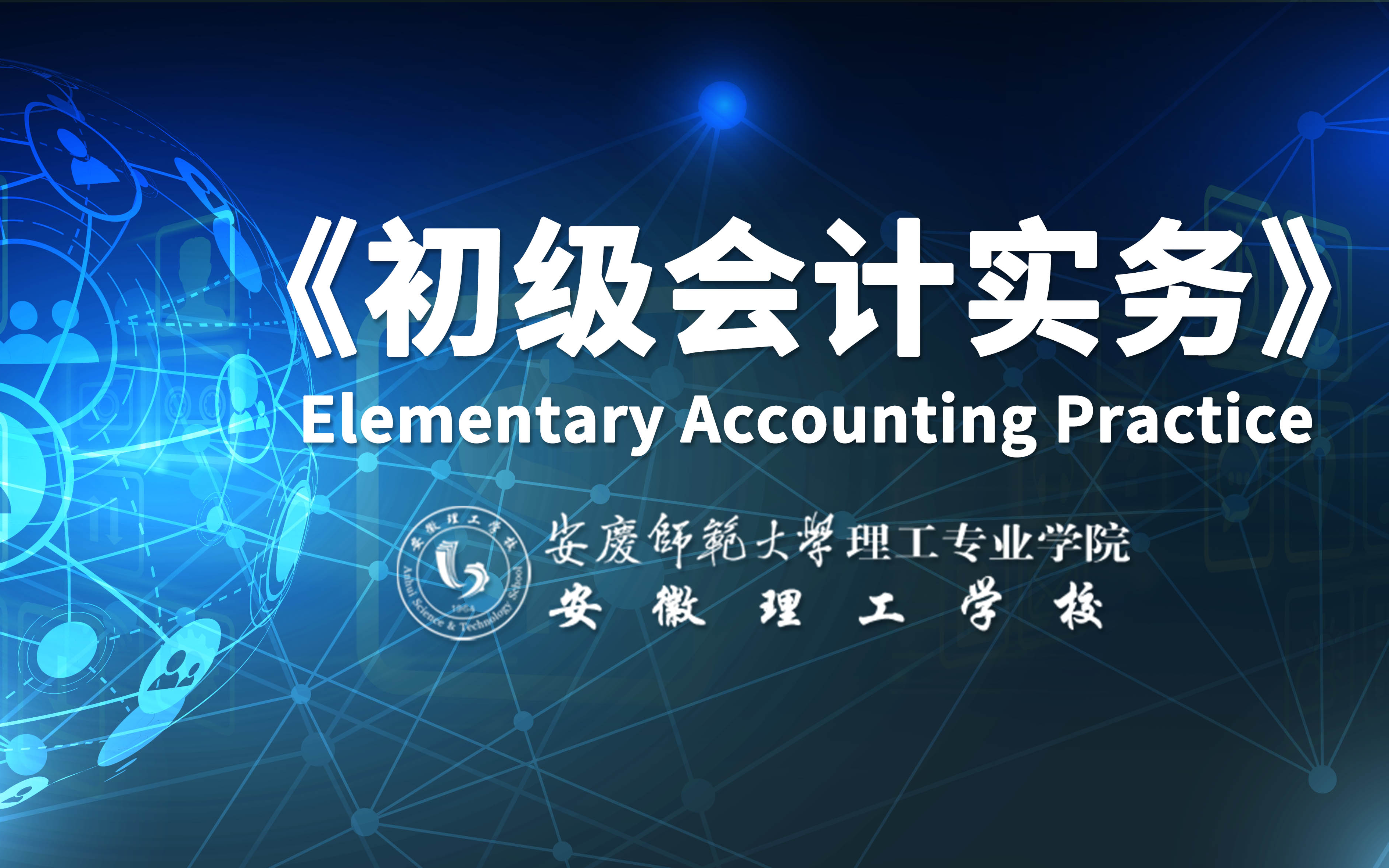
About This Course
Operations research is an applied subject which began to form in 1940s. It mainly uses the method of quantitative analysis to study the operation law of the real system, so as to put forward the optimization model with common and typical significance, seek the method to solve the model, and finally form the decision-making scheme. Its purpose is to improve the ability of managers to plan as a whole and grasp the overall situation, and help managers to determine the direction and plan of action scientifically, so that they can not only conform to the objective law, but also obtain the best possible results.
Since the World War Ⅱ, many important operations research models have been developed. These models include deterministic and stochastic models, which describe the operating system and its process from different aspects. These problems appear in many application fields, such as finance, accounting, marketing, human resource management, investment economic analysis, storage control, production planning, management, reliability engineering, maintenance and update, system sequencing, etc. This course will mainly introduce to students the object, thinking method and main application scope of operation research model; the assumptions required for establishing the model; the structure and solution method of the model; the application examples of operation research model in economic management; the training of modeling and solving the model. The models introduced mainly include linear programming model, integer programming model, dynamic programming model, game theory model, network model, storage model, decision analysis model, stochastic service system model and multi-objective decision model. Through the study of this course, we hope to cultivate students' ability of data mining, data processing, model building, quickly solving practical problems with the help of computer software, and get the optimal project of various kinds of realistic problem.
The main contents of operations research include:
1. Linear programming: Linear programing is a mature branch. Its effective algorithm, simplex method, mainly solves the problems of production planning, reasonable cutting stock and optimal investment.
2. Transportation problem: Transportation problem is to minimize the cost of transporting a certain amount of goods to the destination.
3. Integer programming: Based on linear programming, variables with integer constraints are used to solve personnel assignment, personnel scheduling problems, and the indivisible decision variables in various optimization problems.
4. Nonlinear programming: The objective function and constraints are nonlinear functions, such as portfolio optimization: how to make rational investment to minimize risk.
5. Dynamic programming: A multi-stage decision-making problem. It was put forward by Behrman in 1951.
6. Graph theory and network: Chinese postman problem, Konigsberg city problem, shortest path problem and maximum flow problem.
7. Inventory theory: It mainly solves the problems of inventory, order cycle and order quantity in production.
8. Queuing theory: It mainly studies the phenomenon of system queuing and system congestion in the queuing system, so as to evaluate the quality of service of the system.
9. Game theory: Mainly studies the optimization problems with the nature of struggle.
10. Decision analysis: It mainly studies quantitative decision-making.
Requirements
Linear Algebra
Course Staff

Liu Manfeng, Doctor of management, doctoral supervisor, special allowance recipient of Jiangxi provincial government, candidate of Jiangxi New Century Talents Project, model teacher of Jiangxi Province, and winner of the 1st "Top Ten Teachers Competition" of Jiangxi University of Finance and Economics. She is the lecturer of national excellent course Operations Research and the director of national MOOC Operations Research. Her independent doctoral courses include Frontier of Management Decision, Theory and Method of Management Decision, and Advanced Operations Research. Her postgraduate courses include Model and Method in Management, Data, Model and Decision. Her undergraduate bilingual courses include Introduction of Operations Research, Probability & Statistics, and Linear Algebra.

Wang Cuixia, Professor of Management Science and System Dynamics, and also a doctoral supervisor of the School of Information Management, Jiangxi University of Finance and Economics, member of the International Society for System Dynamics, director of the Agricultural System Engineering Professional Committee of the Chinese Society of System Engineering, and vice chairman of the Jiangxi Provincial System Engineering Society. She hold a Ph.D. degree in Management Science/System from Nanchang University's Management School, China. Her research interests are centered on management science and system dynamics, game theory (with a focus on asymmetric information game theory), operations and management of ecological agriculture industrial chain. She has presided over 3 National Natural Science Foundation projects, 1 Provincial Natural Science Foundation key project, 4 provincial and ministerial scientific research projects. I have published a number of papers in top-tier or highly-respected journals such as International Journal of Production Economics, System Engineering----Theory and Practice, Management Review, China Management Science, and others. In addition to academic experiences, She teach courses such as system dynamics, game theory, operational research, advanced operations research, systems engineering theory and methods, probability theory and mathematical statistics, and other courses for doctoral, master’s undergraduates. Moreover, I am the main lecturer of the national excellent course "Operations Research MOOC" and the "Gold Medal lecturer of System Engineering Theory and Method Course" of Jiangxi University of Finance and Economics.

Yue Cai is a lecturer at School of Information Management, Jiangxi University of Finance and Economics.She received her B.S. in Mathematics from Zhejiang University, and Ph.D. in Mathematics from University of Kentucky, then she serves as a Visiting Assistant Professor at Texas A&M University. She mainly teaches the class of Operations Research, Calculus for International Students, etc.

Liang Wei, associate researcher of Collaborative Innovation Center of Jiangxi University of Finance and Economics, Doctor of management. His main research field is economic management decision-making and analysis, strategic emerging industries. He is the principal of one National Natural Science Fund project, one sub-project of National Social Science Major Bidding project and five provincial projects, has participated in five national projects and more than 20 provincial and ministerial projects. He has published one monograph and more than 10 papers in core journals at home and abroad, including Economic Geography, Journal of Jiangxi University of Finance and Economics, East China Economic Management, Discrete Dynamics in Nature & Society.
Frequently Asked Questions
What web browser should I use?
The Open edX platform works best with current versions of Chrome, Edge, Firefox, Internet Explorer, or Safari.
See our list of supported browsers for the most up-to-date information.
Question #2
Your answer would be displayed here.




